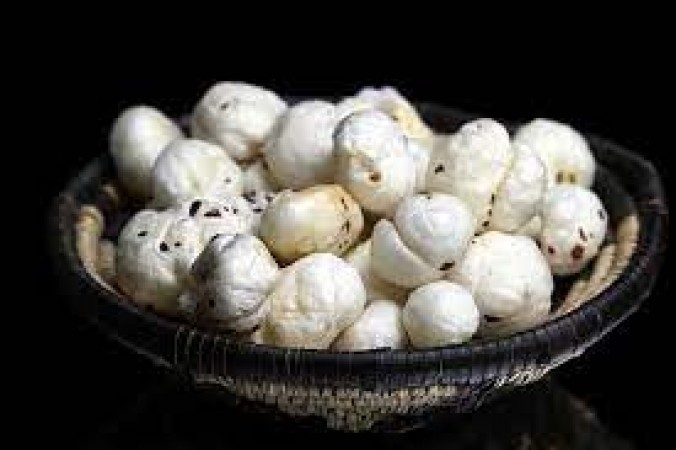
Makhana, also known as fox nuts or lotus seeds, is a popular snack in many parts of the world, especially in South Asia. While it offers various health benefits and is often touted as a nutritious food, there are certain situations where consuming makhana may not be advisable. Let's delve into why some individuals should exercise caution or avoid makhana altogether.
Before discussing who should avoid makhana, it's essential to understand what it is and its nutritional composition. Makhana is derived from the seeds of the lotus flower, primarily cultivated in stagnant water bodies such as ponds or lakes. These seeds are harvested, dried, and then processed for consumption.
Makhana is revered for its nutritional richness. It is low in calories and fat while being rich in protein, carbohydrates, fiber, and essential minerals like magnesium, potassium, and phosphorus. Additionally, it is gluten-free, making it suitable for individuals with gluten sensitivities or celiac disease.
While makhana is generally considered a healthy snack option, there are certain groups of people who may need to limit or avoid its consumption due to specific health concerns.
Some individuals may be allergic to lotus seeds or other components present in makhana. Allergic reactions can range from mild itching and hives to severe symptoms like difficulty breathing or anaphylaxis. Those with known allergies should steer clear of makhana to prevent adverse reactions.
Makhana is naturally high in oxalates, compounds that can contribute to the formation of kidney stones in susceptible individuals. For those with a history of kidney stones or predisposition to develop them, consuming foods high in oxalates, including makhana, may exacerbate the condition or increase the risk of stone formation.
Although makhana is generally easy to digest, some people may experience digestive discomfort after consuming it. This could be due to its high fiber content, which may be challenging for individuals with sensitive digestive systems or conditions like irritable bowel syndrome (IBS).
While makhana is low in fat and calories, it contains carbohydrates, albeit in moderate amounts. Individuals with diabetes or those monitoring their carbohydrate intake should be mindful of their portion sizes when consuming makhana to avoid spikes in blood sugar levels.
Although makhana is often considered a healthy snack for its low sodium content, flavored or salted varieties may contain added salt, which could be problematic for individuals with hypertension or high blood pressure. Excessive sodium intake can contribute to elevated blood pressure levels, increasing the risk of cardiovascular issues.
While makhana offers several health benefits and is a popular snack choice for many, it may not be suitable for everyone. Individuals with allergies, kidney stones, digestive issues, diabetes, or hypertension should exercise caution or avoid consuming makhana altogether to prevent potential health complications. As with any dietary decision, it's essential to consult with a healthcare professional or nutritionist to determine what's best for your individual needs and health goals.
Weather is changing suddenly, how to take care of health
Weight not decreasing even after dieting? So try following these tips
Apply these 2 things in your hair, everyone will praise you after seeing the shine